
Think tank experts participate in a roundtable discussion. (Photo provided to China Daily)
China and the United States should resume talks, rebuild trust and work together to establish a multipolar world order to jointly tackle global challenges, experts said at a forum on Monday in Beijing.
Rather than constantly striving to outdo one another, the U.S. and China should aim to harness their collective strength through cooperation to address global challenges, said Joseph Nye, emeritus and former dean of the Kennedy School of Government, Harvard University.
Bringing together nearly 100 renowned think tank experts from China, the U.S., Europe and other regions, the forum was held by the Center for China and Globalization and the Chinese People's Association for Friendship with Foreign Countries.
Despite of the growingly tense Sino-U.S. relationship, Nye said it is inappropriate to compare it to a new Cold War and a fresh round of great power competition.
During the true Cold War, the U.S. and the Soviet Union had extensive military interactions but minimal economic and social ties, Nye said, while in today's Sino-U.S. relations, there exists a strong economic interdependence with trillions of dollars in trade, and social connections, including around 300,000 Chinese students studying in the U.S. before the pandemic, as well as ecological interdependence, as seen in the challenges of pandemics and climate change.
However, the situation is deteriorating, primarily because of the lack of mutual communication, said Michael Pillsbury, senior fellow of the Heritage Foundation.
He said there used to be over 50 government-to-government communication mechanisms between China and the U.S.. Yet in the first year of President Donald Trump's tenure, all of these mechanisms were suspended. President Joe Biden has since reinstated five of them, though most of these dialogues are relatively broad in scope.
Jiang Shan, former director-general of the Department of American and Oceanic Affairs, the Ministry of Commerce, said the Sino-U.S. economic and trade cooperation has brought tangible benefits to the people of both nations and has driven economic growth globally.
The decoupling means all the effort put into creating a complete and stable industrial chain and supply chain worldwide in the past 40 years will be wasted, and it would be a lose-lose outcome for all parties involved, Jiang said.
He said the recent film Oppenheimer serves as a reminder of the harm McCarthyism inflicted on American scientists. "We certainly do not want unilateralism and protectionism in trade to harm the people of both countries."
In 1993, when the Taiwan Strait crisis erupted, Pillsbury was working at the Pentagon. He witnessed the gradual resolution of the crisis and the subsequent recovery of Sino-U.S. relations.
He said the lesson he has learned is that, even in times of crisis or heightened tensions between China and the U.S., it's important to maintain optimism and remember that there can be a way forward.








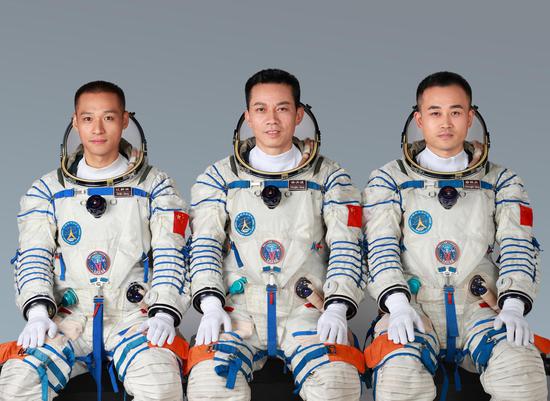
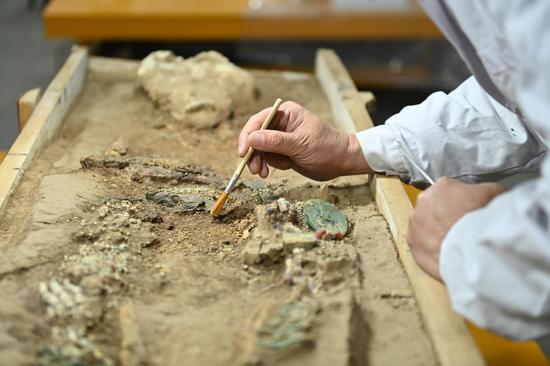


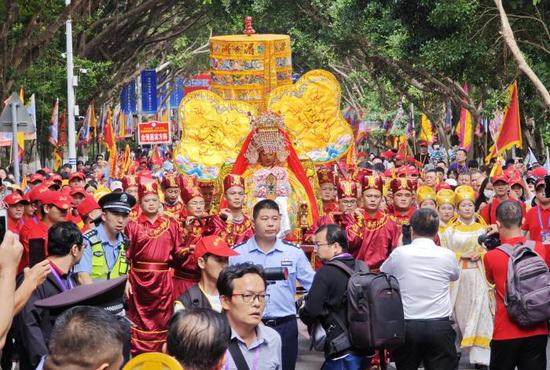
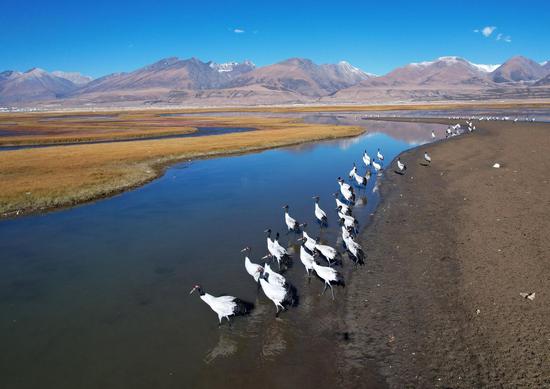
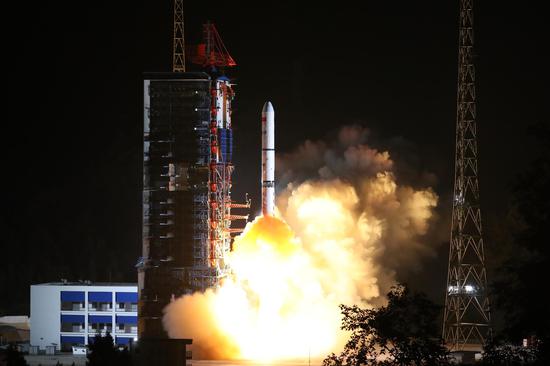

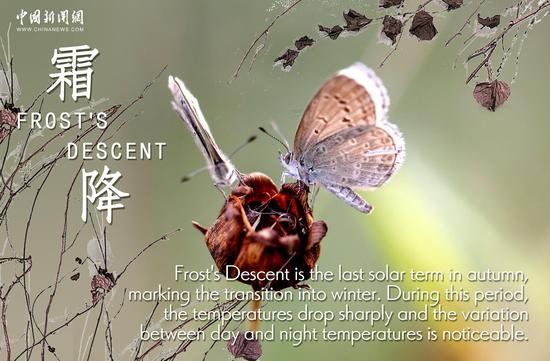
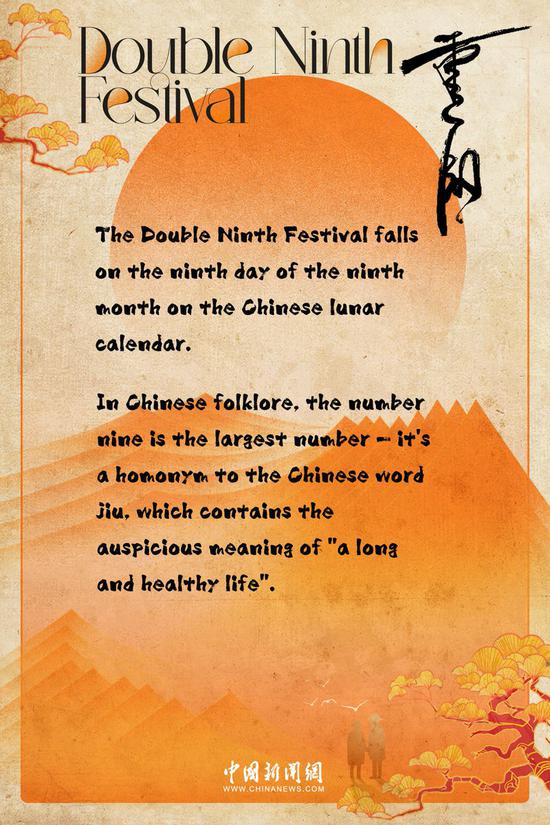

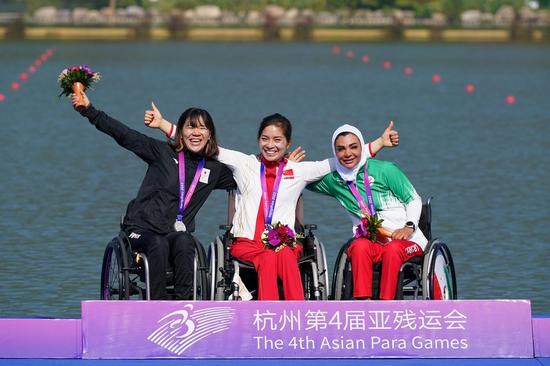


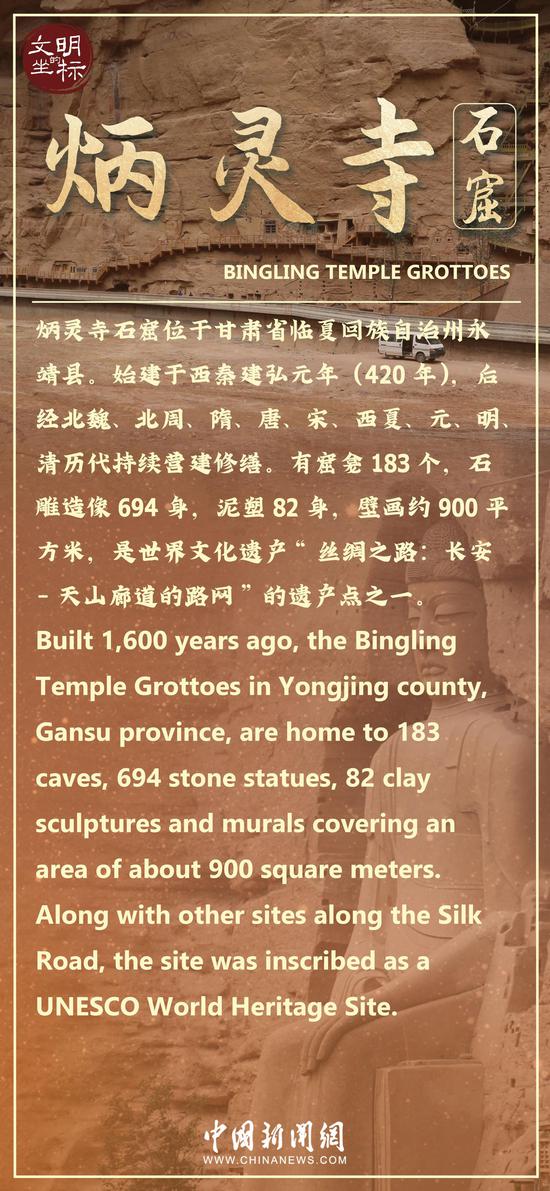
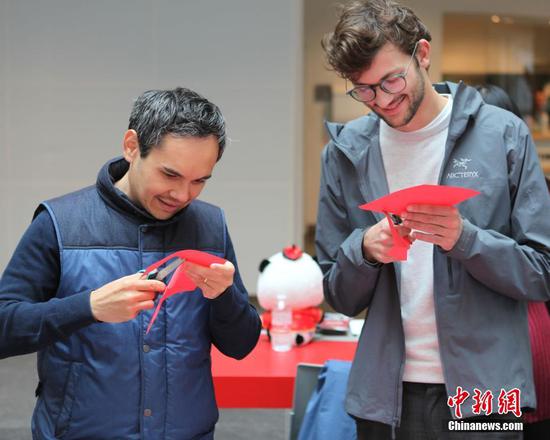
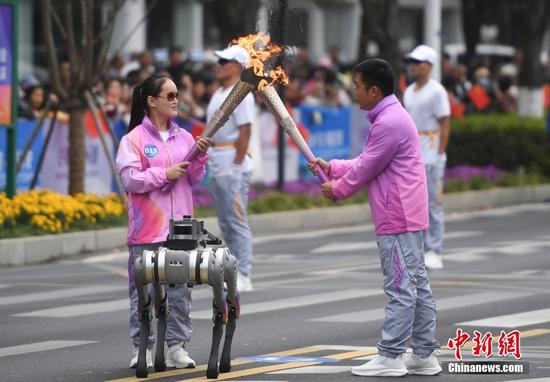



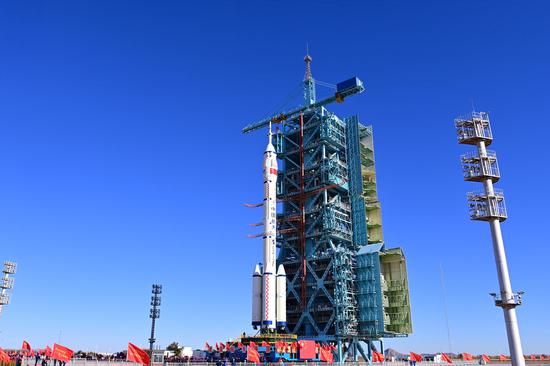

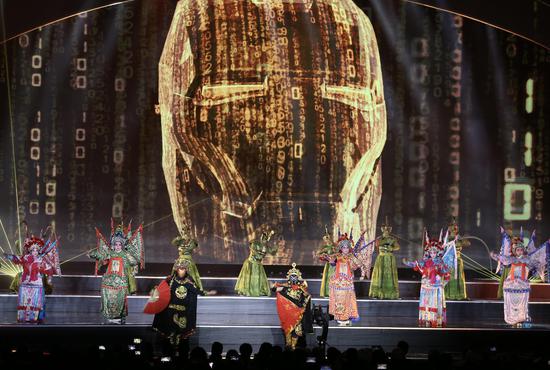
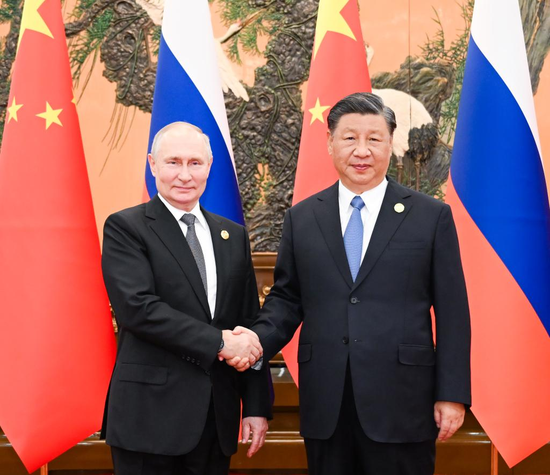
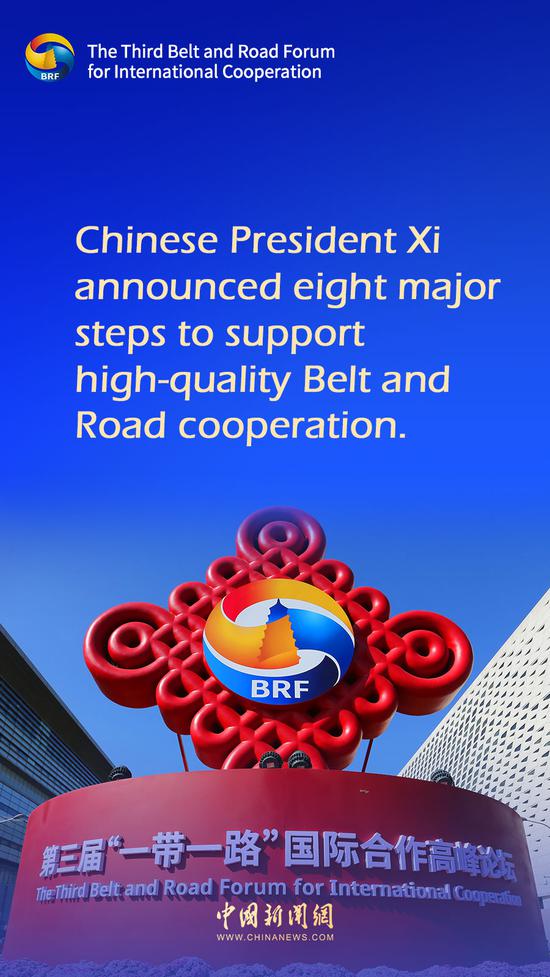

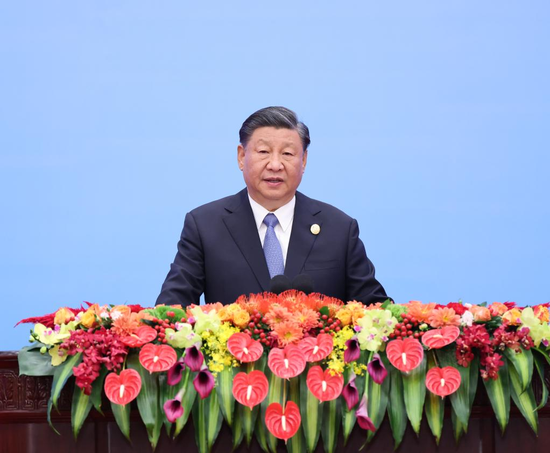
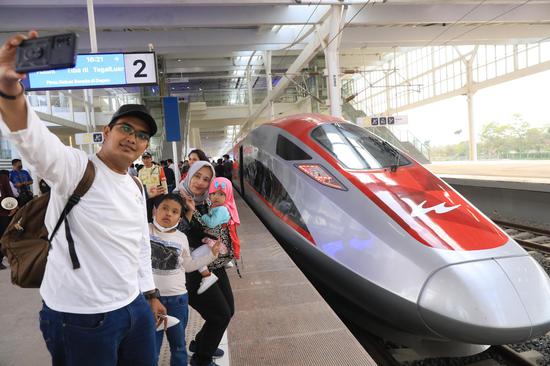


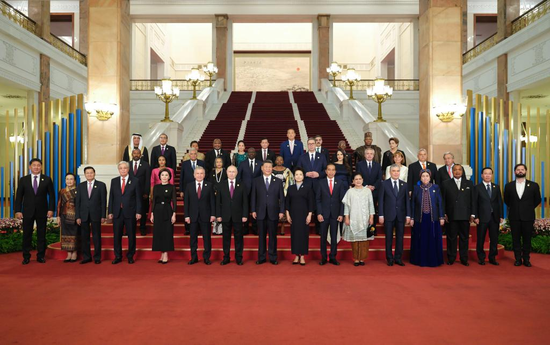

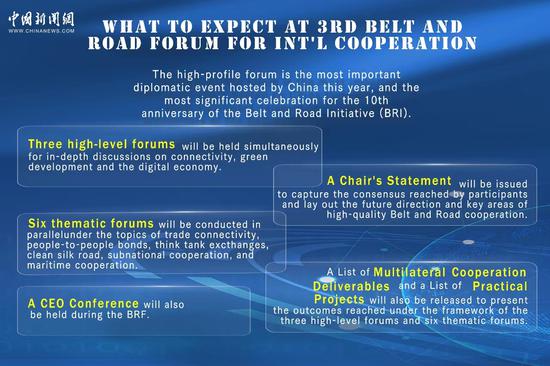

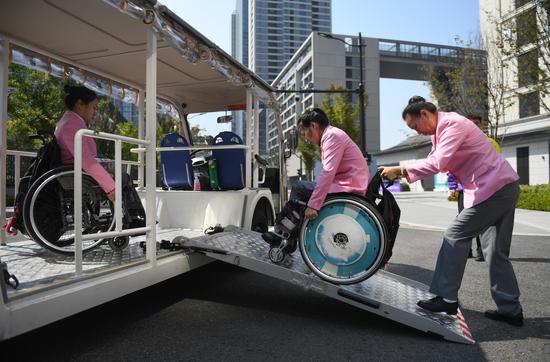







 京公网安备 11010202009201号
京公网安备 11010202009201号